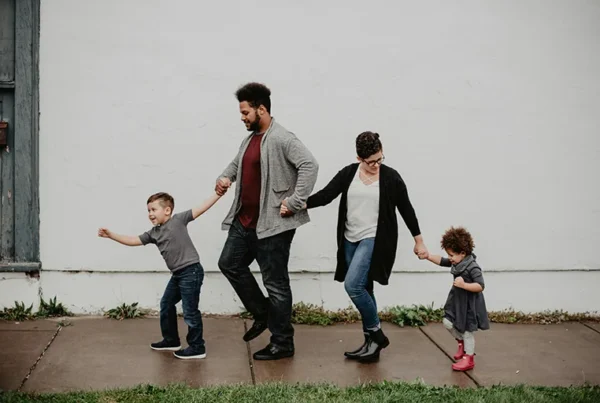One major portion of a divorce case is called discovery. This is where both parties exchange information with each other. This process can quickly become overwhelming, and it helps to be prepared for it ahead of time.
When you work with Slovensky Law, we send you a more in-depth explanation of discovery once we come to that point in your case. In this blog, however, our team of Virginia divorce attorneys simply explains the information necessary to prepare for the process so that you can begin gathering information.
What is Discovery in a Contested Divorce?
Once a couple decides to divorce, they’ll need to discuss several issues, which could include child custody, child support, spousal support, and many more.
In Virginia, a contested divorce is needed when couples can’t agree to the terms of the divorce and must go before a court to resolve them.
The first step of this lawsuit is discovery.
There are a few different types of discovery:
- Interrogatories: written, open-ended questions used to get info from the other spouse that must be answered under oath.
- Depositions: transcripts of spoken testimony (also under oath).
- Requests for the production of documents: request for bank statements, tax returns, pay stubs, or any other relevant documents.
- Requests for admission: yes/no questions for your spouse to admit or deny.
Virginia Divorce Prep: Discovery Checklist
Here is a checklist of information commonly needed in a divorce. This checklist will be helpful for discovery, as well as making sure that you can provide our team at Slovensky Law with all the information we will need for your case.
For discovery, you will be asked to provide several documents.
In preparation, you can begin to gather the following:
- Copy of your credit statement (you can easily get your report through websites such as Credit Karma)
- Copies of your bank statements (most banks allow you to pull and print them from your online account)
- Copies of your credit card statements (again, you can usually pull those from your online account)
- Copies of your tax returns for the past three years
- Copies of your retirement account statements
- Any recent credit applications, real estate deeds, appraisals, or documents reflecting ownership in a business
You will likely be asked for other documents once we reach the discovery phase of your divorce. However, the above-listed documents can often be tedious to collect and will undoubtedly be requested, so it’s helpful to get a headstart organizing them for your Virginia divorce attorney.



